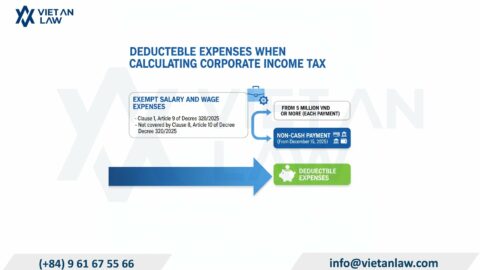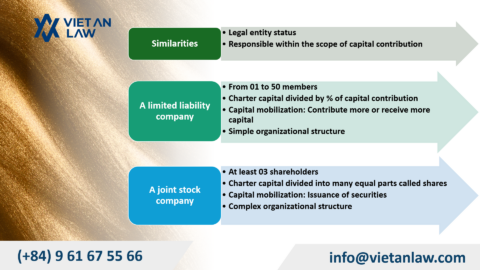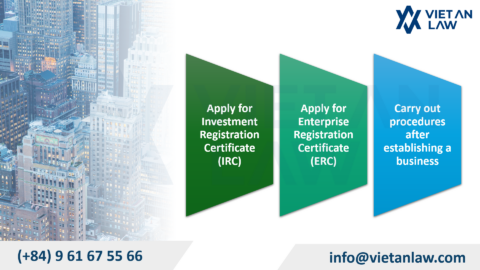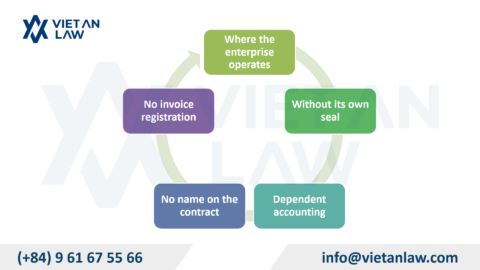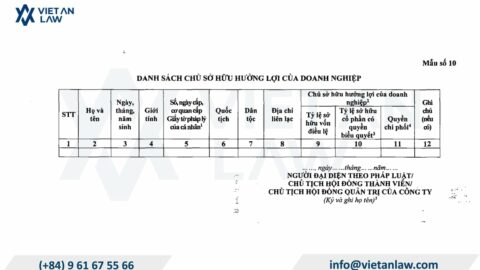Once your company has been formally registered in the Austrian Register of Trade (Firmenbuch), you’ve completed a major milestone. However, this is not the end of your journey. To ensure your business can officially “go live” and operate legally in Austria, you still need to carry out some essential post-incorporation procedures. This includes crucial steps like registering for tax and VAT with the Finanzamt (Tax Office), obtaining specific trade licenses through GISA, and setting up social security for employees. This comprehensive guide details these basic and mandatory procedures, ensuring you achieve full legal compliance and smoothly transition from company formation to active business operations in Austria.
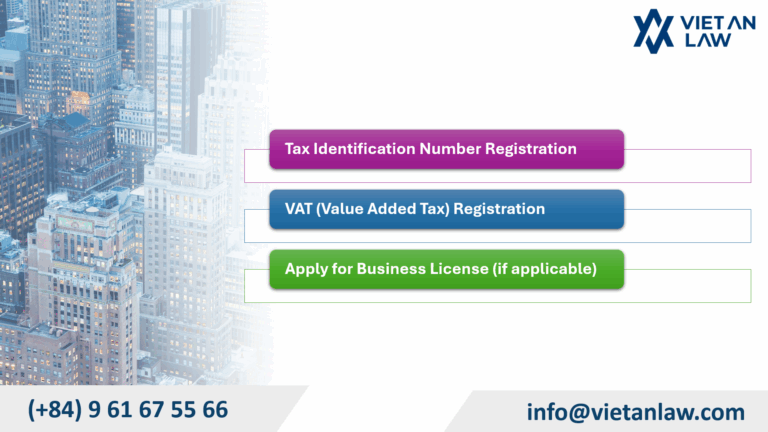
Table of contents
Once your company is officially registered in the Austrian Commercial Register, one of the first and mandatory administrative procedures is to register for a Tax Identification Number (Steuernummer). This number is a unique identifier of your business in the Austrian tax system.
You need to determine the competent tax authority based on your company’s registered business address. To register, you need to prepare the following documents:
Registration documents can be submitted in person or sent by post. After processing the dossier, the tax authority will issue your company an official Tax ID.
After having a tax identification number, businesses need to carry out VAT registration procedures if your company’s business activities meet certain conditions. VAT is a common consumption tax, and compliance with VAT regulations is mandatory for many businesses.
You can file in person, by mail, or you can file online depending on applicable regulations. Once the application is approved, Finanzamt will issue your company with a VAT number, also known as a VAT identification number (Umsatzsteuer-Identifikationsnummer – UID). This UID number must be used in invoices, transactions with other businesses in the European Union, and in VAT-related transactions.
You need to accurately identify your business to know if it falls under the category of industries that need to apply for a business license. Austria’s Business Law details the industries that require a license and the specific requirements for each industry.
Usually, the issuance of a business license is done by the local government where you are located. In some special cases, licensing may fall under the jurisdiction of specialized agencies (e.g., in the medical or financial sectors).
